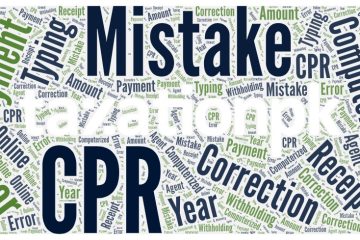Maintaining accurate and up-to-date financial records is crucial for any business, especially in Pakistan’s evolving tax landscape. This article delves into the essential points to remember when creating monthly balance sheets, ensuring compliance and a clear understanding of your financial health.
Understanding the Balance Sheet:
-
Function: A balance sheet offers a snapshot of your business’s financial position at a specific date. It categorizes assets (what you own), liabilities (what you owe), and equity (owner’s investment and accumulated profits) to depict your financial stability.
-
Frequency: While not mandatory for all businesses, creating monthly balance sheets is highly recommended. This practice provides valuable insights into your financial trends and facilitates informed decision-making.
New SRO 350 Requirements:
Recent tax regulations introduced through SRO 350 emphasize the importance of balance sheets. Businesses that previously didn’t prepare them might now be required to submit them with tax returns.
Key Considerations:
-
Period Covered: The balance sheet reflects your financial position on a specific date, typically the last day of the month. It’s distinct from the profit and loss statement, which summarizes income and expenses over a period (e.g., monthly or quarterly).
-
Accuracy and Consistency: Ensure all figures in your balance sheet are accurate and verifiable. Maintain consistency in your accounting practices to facilitate easy comparisons across periods.
-
Integration with Other Reports: Your balance sheet should complement your profit and loss statement and cash flow statement. These reports, along with the balance sheet, offer a comprehensive picture of your financial performance.
-
Compliance with Tax Regulations: Stay updated on the latest tax rules regarding balance sheet requirements. FBR (Federal Board of Revenue) may have specific guidelines for format and content.
Benefits of Maintaining Monthly Balance Sheets:
-
Improved Financial Awareness: Regular balance sheet preparation enhances your understanding of your business’s financial health, including asset allocation, liabilities, and overall net worth.
-
Informed Decision-Making: Financial insights gleaned from balance sheets empower you to make informed decisions regarding investments, resource allocation, and business strategies.
-
Streamlined Tax Filing: Having readily available and accurate balance sheets simplifies tax return preparation and reduces the risk of errors.
-
Enhanced Credibility: Up-to-date balance sheets demonstrate financial responsibility and transparency, potentially boosting investor confidence and securing better business deals.
Conclusion:
By incorporating these key points and considerations, businesses can effectively utilize monthly balance sheets to gain a deeper understanding of their financial standing, ensure compliance with evolving tax regulations, and make informed decisions for long-term success. Remember, staying updated with tax regulations and seeking professional guidance when necessary are valuable steps in navigating the financial landscape.







